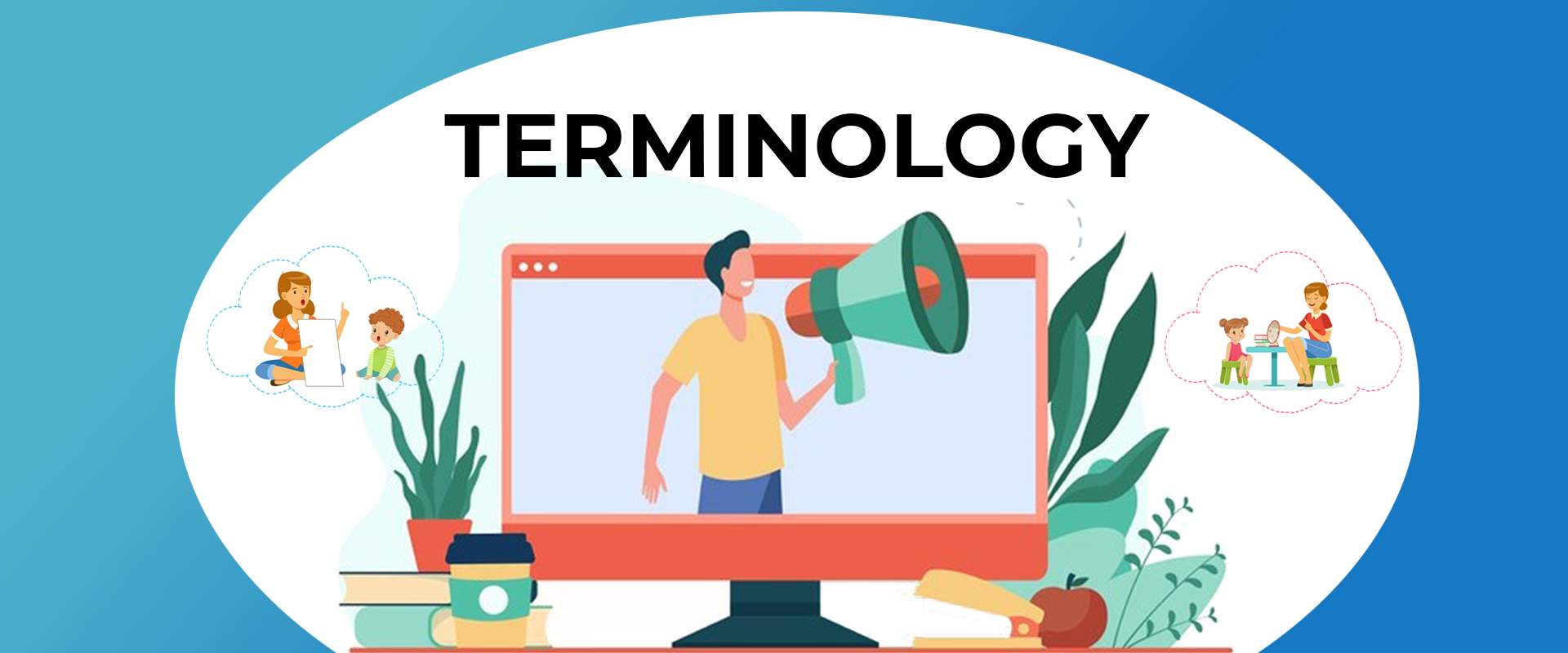- Accent Reduction Therapy
- Bruxism
- Cleft Palate
- Dysarthria
- Expressive Language Impairments
- Feeding Therapy
- Hearing Impairment
- Intelligibility
- Jargon
- Language Delay/Disorder
- Myofunctional Therapy
- Neologism
- Oral Motor Therapy
- Public Speaking/Professional or Executive Speaking
- Receptive Language Impairments
- Speech Disorder
- Tongue Thrust/Myofunctional Therapy
- Unintelligibility
- Voice Disorders
Accent Reduction Therapy
Therapy to modify speech sounds and vocal characteristics or habits of spoken language influenced by the geographical region and/or the speaker’s native language.
Aphasia
The adult-form of a language impairment. It may be caused by stroke, brain injury or severe illnesses resulting from neurological injury.
Apraxia of Speech
A disturbance in the selection and sequencing of sounds; it may be developmental or acquired.
Attention Deficit Hyperactivity Disorder (ADHD)
A group of behaviors characterized by problems in focusing and maintaining attention to tasks. Many individuals with a diagnosis of ADHD exhibit communication problems or learning disabilities.
Augmentative and Alternative Communication
Methods of communicating for individuals who cannot orally express themselves. Using assistive technology, such as a communication board, one can express his/her thoughts successfully.
Autism
A syndrome identified by a failure to develop normal verbal and nonverbal communication skills and reduced responsiveness to others within the environment.
Bruxism
Teeth grinding, a habit which usually occurs at night but which is related to malocclusion (poor teeth relationship) and possibly swallowing or biting problem.
Cleft Palate
A congenital anomaly affecting the speaking and eating muscles.
Cochlear Implant
A device surgically placed on the head and designed to improve hearing for those who could not derive benefit from more traditional methods of amplification such as hearing aids.
Communication Disorder
The breakdown or disruption in the exchange of information and ideas.
Dysarthria
Problems within the motor aspects of speech production secondary to brain injury.
Dysgraphia
Specific problem in written language secondary to brain injury
Dyslexia
A specific language learning disability affecting reading skills.
Expressive Language Impairments
Language problems that affect spontaneous and/or structured verbal language.
Jargon
Verbalizations of children approximately from 9 months to 18 months which contains syllables
Hearing Impairment
Verbalizations of children approximately from 9 months to 18 months which contains syllables
Intelligibility
The degree to which an individual’s speech is understood by others.
Jargon
Verbalizations of children approximately from 9 months to 18 months which contains syllables
Language Delay/Disorder
Difficulties in language comprehension, formulation and/or language use. Like speech disorders, language problems occurs in both children and adults.
Learning Disability
Refers to a general term used to describe a complex group of disorders evidenced by significant difficulties in the acquisition and use of listening, speaking, reading, writing, reasoning, mathematical abilities, as well as social skills.
Tongue Thrust/Myofunctional Therapy
The condition and type of therapy which retrains the lips, tongue and facial muscles to work properly for correct speech and swallowing and to improve the appearance of the oral-facial muscles.
Neologism
Speech behavior often exhibited by individuals experiencing stroke or brain injury.
Oral Motor Therapy
Training of muscles use for speaking or eating which are impaired or reduced secondary to developmental/neurological conditions.
Public Speaking/Professional or Executive Speaking
The refinement or improvement of an individual’s vocal projection, clarity and persuasive communication skills (verbal and nonverbal). Therapy is given on an elective basis for the sole purpose of giving professional presentations or for people who have verbally demanding jobs in business and industry.
Receptive Language Impairments
Language problems that affect comprehension of incoming language.
Speech Disorder
Difficulties producing sounds correctly. The onset of this disorder is usually early childhood and is usually called a Phonological or Articulation Disorder. In adults, speech disorders usually are a result of some type of brain injury.
Stroke
Is the major cause of aphasia. It is usually caused by injury in a localized area of the brain, traumatic brain injuries, brain tumors, abscesses, infectious diseases, and degenerative diseases.
Stuttering
Interruptions in the flow of speech. It is characterized by repeating sounds, words, and/or phrases. Onset of this disorder is usually preschool and early adolescent. Adults may also have this disorder.
Swallowing Therapy
The training of muscles for the oral, pharyngeal and esophageal stages of ingesting liquids or solids secondary to injury of these muscles.
Tongue Thrust/Myofunctional Therapy
The condition and type of therapy which retrains the lips, tongue and facial muscles to work properly for correct speech and swallowing and to improve the appearance of the oral-facial muscles.
Traumatic Brain Injury
Injury sustained from the impact of a car accident, fall, or other injury to the head.
Unintelligibility
The degree or measure to which a person cannot be understood.
Voice Disorders
A problem in the perceptual quality of a person’s voice. An individual’s voice may sound “harsh,” “hoarse,” “lower/higher than usual pitch,” “nasal” and/or “breathy.” Sometimes these problems are due to vocal nodules or polyps.

